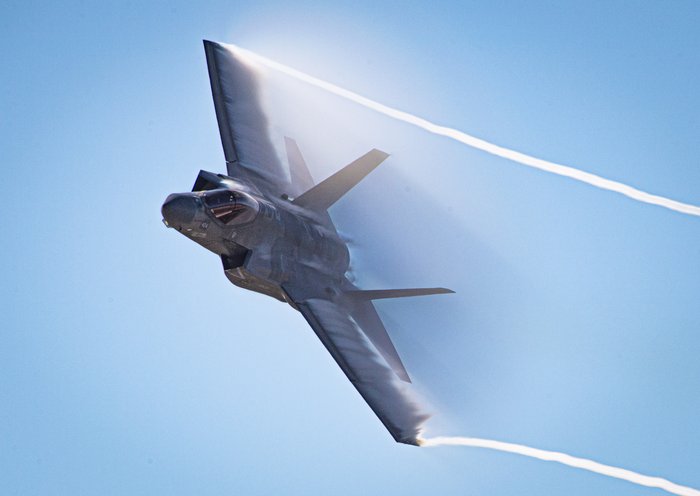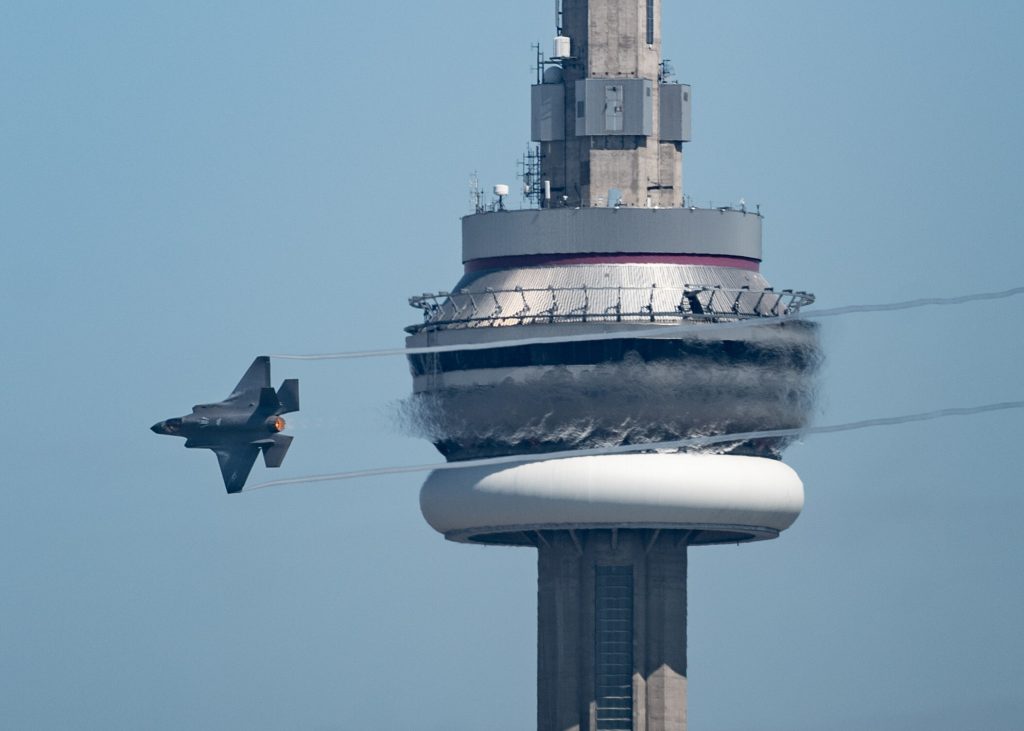
A high-ranking U.S. military official has raised concerns about potential delays in the delivery of F-35 aircraft to Canada and other partner nations due to ongoing technical issues. Lt. Gen. Michael Schmidt, the program executive officer for the F-35, informed U.S. lawmakers about significant challenges faced in the development of the latest version, known as Block 4. This situation, if not effectively addressed, could even lead to the temporary shutdown of aircraft production.
The Canadian Forces and National Defence have acknowledged these challenges, emphasizing that developmental programs typically encounter obstacles in software and hardware production, testing, and certification. National Defence spokesman Andrew McKelvey stated that while Canada is aware of potential delivery delays, the current plan to receive the initial Block 4 F-35s in 2026 remains on track. The department’s fighter procurement office will closely monitor the situation.

However, the Parliamentary Budget Officer Yves Giroux cautioned that any delays could incur additional costs for Canadian taxpayers. A one-year delay might result in an increase of about $400 million, while a two-year delay could escalate costs by approximately $700 million. Lockheed Martin, the F-35 manufacturer, acknowledged that some Block 4 components are in various stages of development and will be delivered incrementall
y.
Despite these concerns, Canadian government ministers, including former Defence Minister Anita Anand, expressed confidence in Lockheed Martin’s ability to meet the agreed-upon delivery schedule. The government officially announced the purchase of 88 F-35s in January, marking the end of a decade-long process that initially saw commitment, followed by hesitation due to rising costs and technical issues.
The Liberal government’s decision to proceed with the F-35 purchase has received praise from analysts and academics connected to the Canadian Forces and the defense industry. However, social justice and peace groups have criticized the multi-billion dollar investment, arguing that the funds could be better allocated to essential services like healthcare, education, and affordable housing.
The F-35 program has faced persistent technical problems, as noted by the Government Accountability Office in April 2022, citing delays in operational testing needed for full-rate production. Despite over 780 F-35s being delivered to the U.S. military and allies, there remain hundreds of unresolved issues, leading to ongoing redesigns and replacements of equipment on already delivered planes.
During a technical briefing in January 2023, a senior Canadian government official claimed that the issues with the F-35 are “historical,” contrary to the Government Accountability Office’s findings. As a partner in the F-35 program, Canada has contributed over $600 million in funding for the aircraft’s development. Under the program agreement, partner nations, including Canada, are restricted from imposing industrial benefit requirements, with contracts awarded based on best value. Canadian firms have secured over $3 billion in contracts for F-35 parts, according to the federal government.



